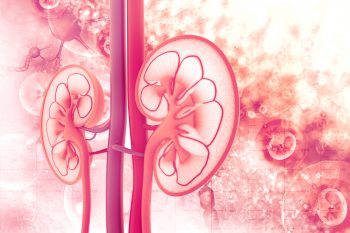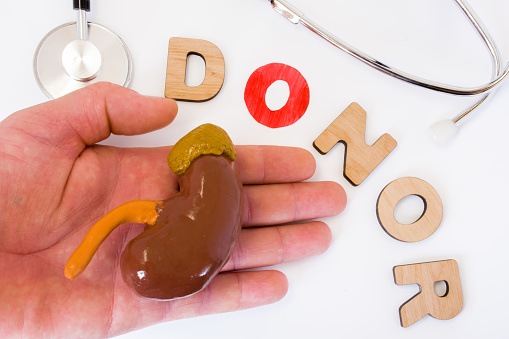
Potential living kidney donors begin the donation process in good health, but they may be unprepared for possible negative outcomes following donation. Studies have shown that postdonation adverse outcomes are more prevalent among ethnic minorities. Miriam E. Velez-Bermudez and colleagues at the University of New Mexico Health Sciences Center, Albuquerque, conducted a study to provide an in-depth description of positive and negative outcomes among an ethnically diverse population of living donors.
Results of the study were reported during a poster session at the American Society of Nephrology Kidney Week 2023. The poster was titled Experiences of Ethnically Diverse Living Kidney Doors.
In-depth individual interviews with a diverse sample of donors were conducted using the DIPEx (database of individual patient experiences) method. The DIPEx method combines in-depth interviews and systematic, purposeful sampling and qualitative analysis. Interviews were conducted by a primary and secondary interviewer and analyzed by a qualitative research team.
Narrative interviews were completed by 14 donors. Of the 14 donors, nine were women, eight were White, five were Hispanic, and one was Native American.
Findings from the interviews revealed the key role of social support in validating the decision to donate and in facilitating postdonation recovery. The participants’ reasons for donating focused on the desire to avoid the need for dialysis or to save the life of their recipient. Familial duties tended to motivate donation for Hispanic and Native American women, while a call to action as a healthy individual was a greater motivator among the White donors.
Thirteen of the 14 donors felt well-supported by health care providers through the predonation period. Three participants said they had erroneously been told by primary care providers that they had developed kidney disease, due to a lack of clarity regarding postdonation clinical care.
Eleven of the donors reported unanticipated outcomes following donation. Outcomes ranged from minor complications (constipation, fatigue, pain) to moderate complications (hernia, gout). Other unexpected outcomes were depression and mourning the loss of the kidney. Despite the adverse outcomes reported, all 14 participants had positive feelings about donation and did not have any regrets.
In summary, the researchers said, “Adverse outcomes postdonation did not preclude living donors’ enthusiasm and support of donation; therefore, greater transparency about postdonation outcomes is warranted. An online DIPEx module presenting these diverse experiences may enhance awareness and understanding of the donation process for future living kidney donors.”
Source: Velez-Bermudez ME, Brakey HR, Myaskovsky L, Unruh ML, Singh P, Pandhi N. Experiences of ethnically diverse living kidney donors. TH-PO877. Abstract of a poster presented at the American Society of Nephrology Kidney Week 2023; November 2, 2023; Philadelphia, Pennsylvania.







 © 2025 Mashup Media, LLC, a Formedics Property. All Rights Reserved.
© 2025 Mashup Media, LLC, a Formedics Property. All Rights Reserved.